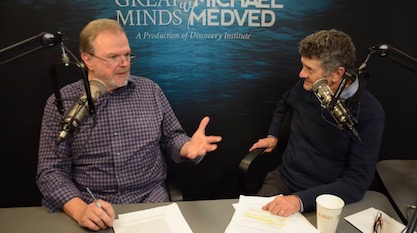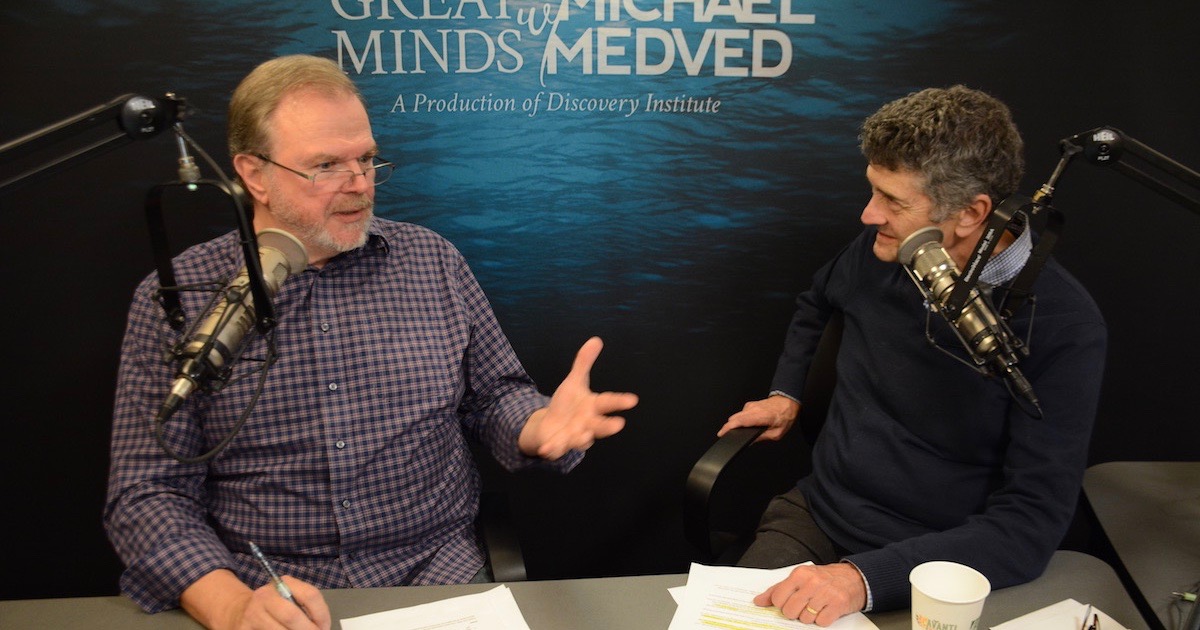 Neuroscience & Mind
Neuroscience & Mind
Great Minds: Robert Marks, Michael Medved on the Limits of Computation


What can a computer do now and what will it be able to do in the future? A remarkable amount of confusion surrounds these questions. On a new episode of Great Minds with Michael Medved, Dr. Robert Marks of Discovery Institute’s Bradley Center for Natural and Artificial Intelligence casts some very helpful light on the limits of AI. Find it here on the Great Minds website, in audio and video formats.
Medved and Marks walk us through basic definitions — What is a computer? What is an algorithm? — before tackling some pervasive media myths. Can a computer innovate or only imitate? Can computers now really do anything different from the Turing Machine, devised as a model by Alan Turing in the 1930s? Could a computer be programmed to interact with humans like the sinister HAL 9000 in 2001: A Space Odyssey? The answer is yes, says Bob Marks, and whatever flaws such a machine displayed would be the faults inadvertently woven into it by its human programmers.
That’s why, on the inflamed question of AI someday “taking over” the world from humans, the danger lies not in AI robots but in the purposes human beings choose to pursue with our machines. There’s no danger of computers ruling us, but there is a peril in employing them to greatly magnify the impact of our own errors. Marks talks about the Bradley Center’s research in this area. A fascinating conversation!
If you care, as I do, about making high quality podcasts like this available in the future, please take a moment now to make a donation to Great Minds with Michael Medved. Thank you!
Photo: Robert Marks and Michael Medved, by Nathan Jacobson.
